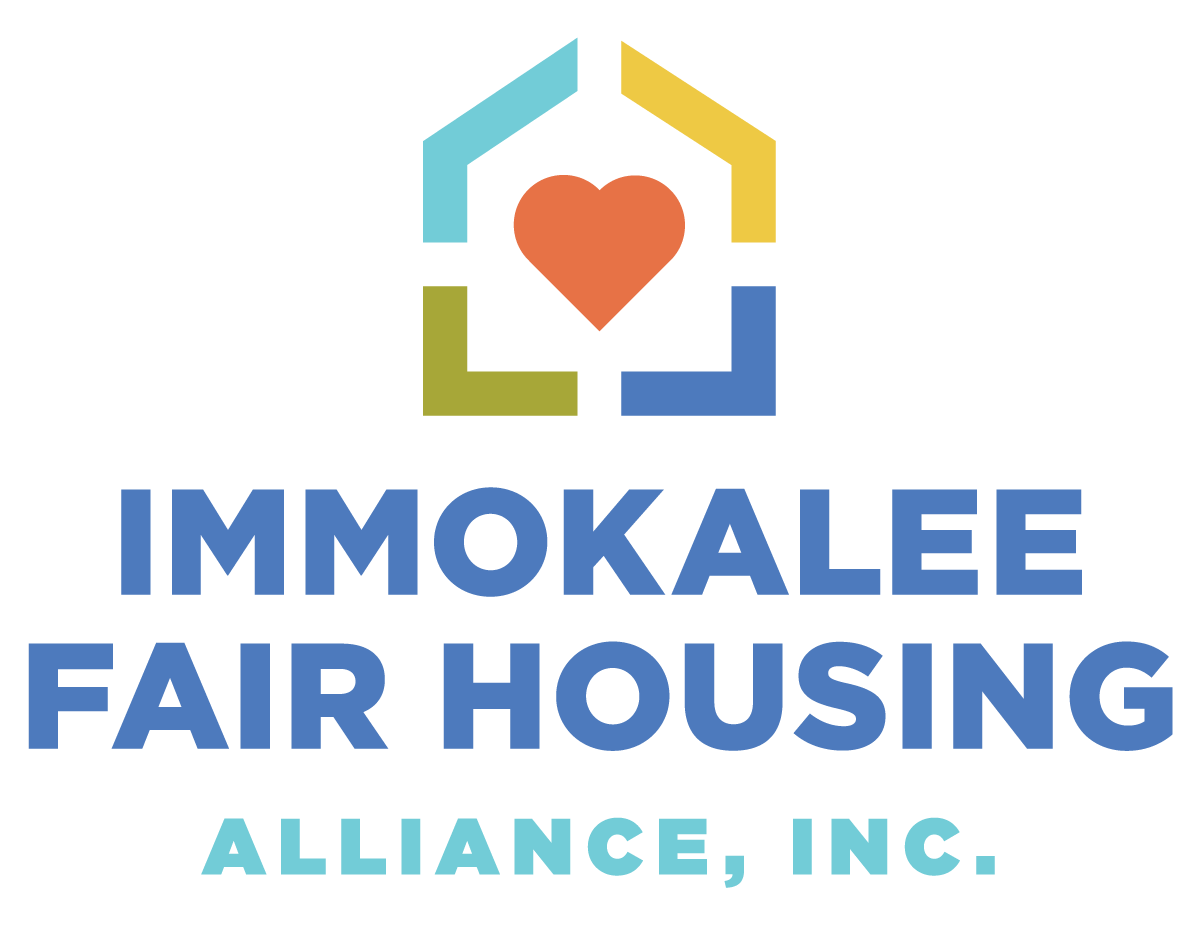
FAQs
Frequently Asked Questions About Fair Housing in Immokalee
What is Immokalee Fair Housing Alliance?
The Immokalee Fair Housing Alliance, 501(c)(3) nonprofit, was formed to address the dire situation of substandard housing that plagues farmworker families in Immokalee. Hurricane Irma severely impacted the already dilapidated housing market in this community and the corona virus has only added to the misery of the situation. It is the goal of Immokalee Fair Housing Alliance to finally provide safe, affordable rental housing to farmworker families and other low income families in Immokalee.
Why is there a need for an Immokalee Fair Housing Alliance?
Immokalee has been named one of the 50 worst cities in the United States in which to live. This distinction was driven, in very large part, by the deplorable housing conditions for low income residents. The ramped shortage of decent, hurricane-resistant housing in Immokalee was further exacerbated by Hurricane Irma which left trailers and dilapidated houses unfit for human habitation. Unfortunately, these unsafe dwellings continue to be the only alternative for the 43% of Immokalee residents who live below the poverty level.
Many farmworker and low income families have no option but to pay up to 70% of their income to live in trailers, some with vermin, mold, and limited bathing or toilet facilities. There have been multiple cases where more than 12 people, mostly unrelated, were housed into one trailer, with families forced into one small room and strangers sleeping on the floor outside of their door.
IFHA has already procured 10 acres of land in central Immokalee from the Barron Collier Partnership, LLP to house the 128 rental units that abuts Habitat for Humanity property. The Collier County Planning Commission ‘unanimously and enthusiastically’ authorized the Immokalee Fair Housing Alliance proposal. The project will be funded entirely by foundations, grants and individual donations, thereby avoiding the need for a mortgage, and ensuring sufficient operating funds for annual upkeep.
Aren’t there already affordable housing initiatives in Immokalee?
Efforts to develop safe, affordable housing in Immokalee, including Habitat for Humanity and Rural Neighborhoods, are highly commendable and extremely necessary, but a major housing gap continues to exist for low income families. For example, Habitat for Humanity addresses the housing needs of those residents that can qualify for actual home ownership. Rural Neighborhood provides rental housing for residents that qualify for Federal housing assistance.
IFHA fills the gap by providing rental housing for residents that do not qualify for either Habitat for Humanity or Rural Neighborhood.
Is IFHA working with other groups in Immokalee who support farm worker families?
IFHA cooperates with Habitat for Humanity and Rural Neighborhood as well as the Guadalupe Center, Coalition of Immokalee Workers (CIW), Mission Peniel, PACE Center for Girls, Boys and Girls Club, Pathways pre-school, the Immokalee Foundation and many others in the community who also see the detrimental effect of poor housing on Immokalee families.
What are the long-term goals of IFHA?
Immokalee Fair Housing Alliance has both near-term and strategic goals in its plan.
Short term, we aim to build 128 affordable rental units that will provide hurricane-resistant, affordable homes to those in most need. In doing so, we also hope to provide a sense of dignity and pride for those who reside in these units because no child should have to define a home as a place with roaches, strangers, and filth. No child should have to tell the teacher that he couldn’t study because there was no electricity to light a lamp.
These new residential buildings and enhanced, landscaped surroundings will improve the look of the community and give residents a sense of security and satisfaction. Since rents will be approximately 30% of income as opposed to the current 70%, lower rents will free up needed money to buy food, clothing, medicines and other necessities which will result in an economic plus for the Immokalee community.
Longer term, we envision a sustaining and fully integrated community where residents can rely on each other to grow and prosper in a family-friendly and safe environment. The community would house meeting rooms, health care and legal resources, an athletic facility, a transportation hub and job counseling.
How much is needed for the Immokalee Fair Housing Alliance initiative?
The total cost of the land, site improvements, the 128 hurricane-resistant, 2 - 3 bedroom apartments and community center is approximately $25-28 million.
How can I help?
Please visit ‘Get Involved’ on this website. There are opportunities to donate and to volunteer. We hope you will join us in providing the most fundamental housing to those who need it most.
